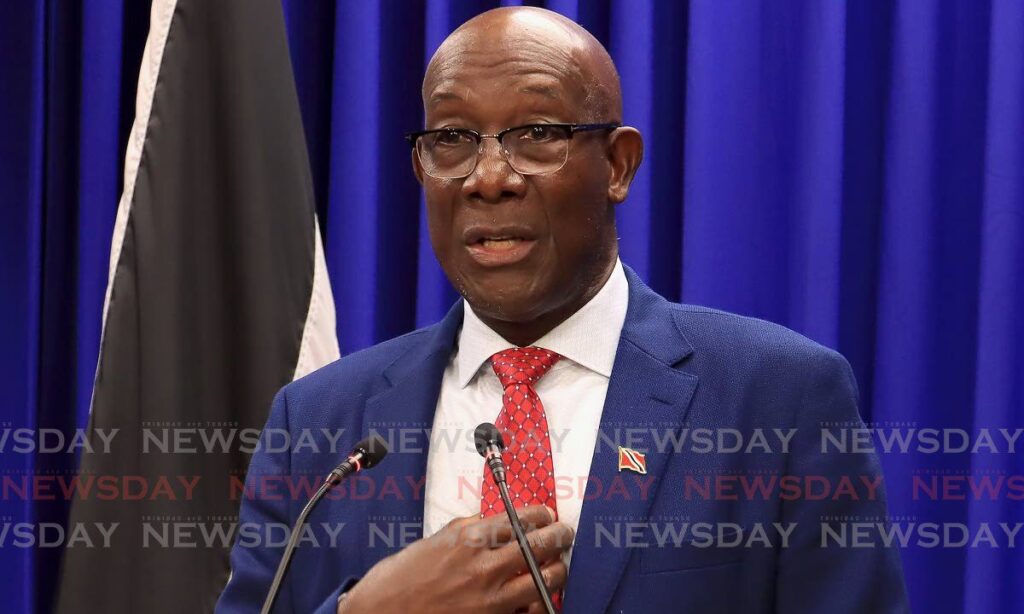Public voices – a call to action

THE EDITOR: In the vibrant, diverse landscape of TT, the public’s voice plays a crucial role in shaping the narrative around crime, governance and political leadership. A recent analysis of public comments reveals a populace deeply engaged and concerned with these issues, reflecting a society grappling with complex challenges and seeking accountability and action from its leaders.
At the heart of the discourse lies the issue of crime. The word “crime” resonates repeatedly in public comments, indicating a community feeling besieged by this pressing concern. Citizens express frustration and fear, pointing to an apparent increase in criminal activities that touch their lives and communities. The frequency of this term underscores the urgency with which the public demands effective strategies and solutions.
Interestingly, the discussions extend beyond crime as an isolated issue, intertwining it with governance and political leadership. The mention of “government” and specific references to Prime Minister Rowley in the comments signal a direct call for accountability from the top.
The public perception, as gleaned from the comments, is one of disappointment and dissatisfaction with how the Government has handled the crime situation. Phrases like “failures” and “talk” suggest a gap between the Government’s promises and its actions, with a sentiment that more concrete measures are urgently needed.
Moreover, the use of words like “citizens” and “country” in these discussions reflect a collective concern for the nation’s well-being. It’s not just individual grievances being aired; there’s a palpable sense of communal responsibility and a desire for collective action. Members of the public don’t see themselves as mere bystanders but as active participants in the national dialogue on crime and governance.
The analysis also reveals a strong undercurrent of helplessness and despair. Phrases like “help” and “need” recur, implying that citizens feel overwhelmed and are seeking support. Yet there’s also an element of scepticism, as seen in comments questioning the efficacy of government plans or criticising the high cost of living under the current administration.
In essence, the public comments offer a window into the soul of TT’s society, one where crime, governance and political leadership are deeply interconnected. The people’s voices are not just a chorus of complaints but a call to action, a demand for change, and a beacon of hope for a country striving for better governance and a safer, more secure future.
As TT navigates these turbulent waters, the strength and clarity of its citizens’ voices will undoubtedly be a guiding force in shaping its path forward.
JOHN LEWIS
via e-mail


Comments
"Public voices – a call to action"